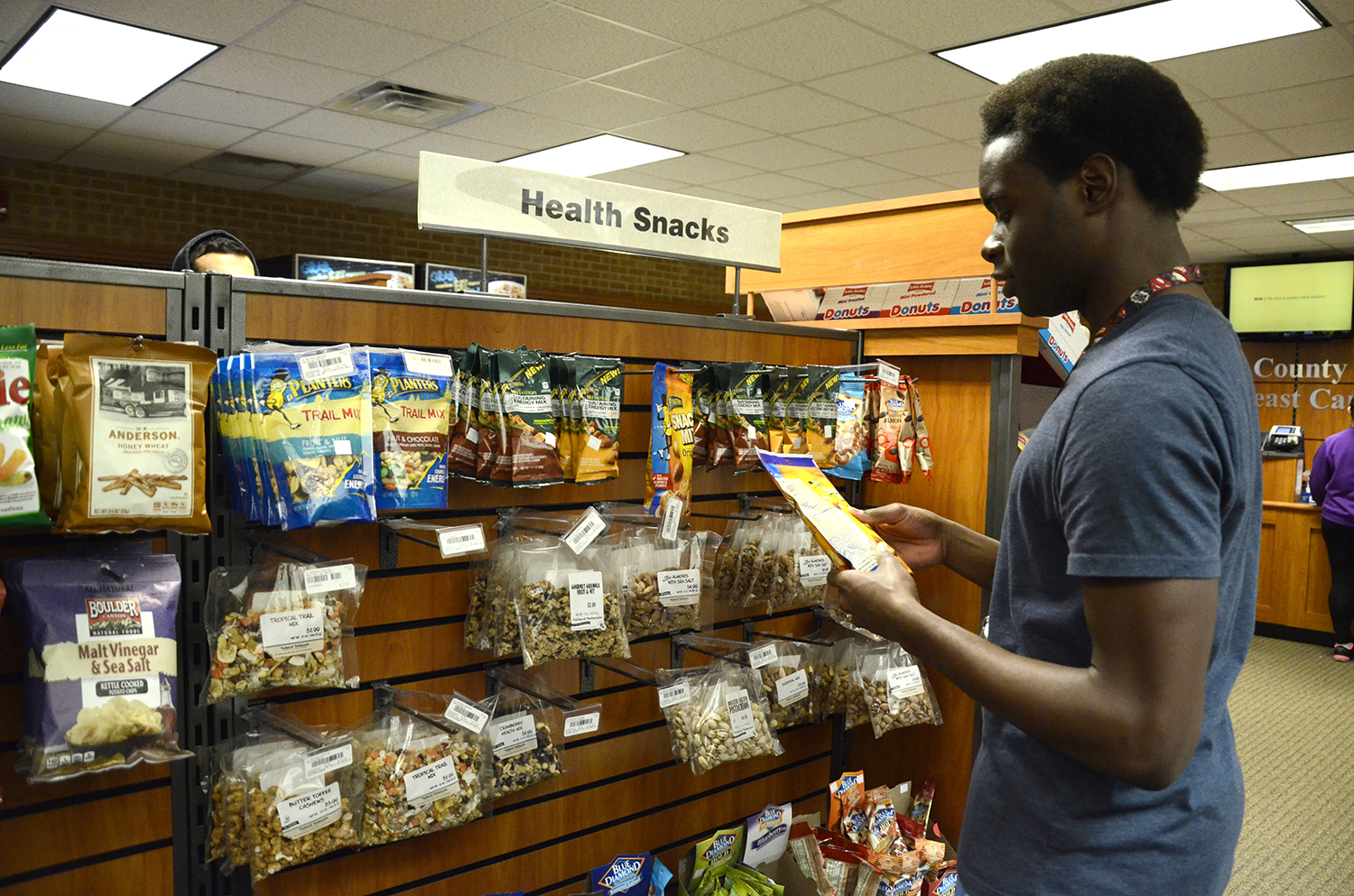By Manuel Pacheco/reporter

Students should measure stress as they measure their temperature, a South Campus counselor said last week.
Low self-esteem, low performance and even suicide or abuse are ways in which stress can affect many students who do not realize the importance of managing stress, said Sandra Johnson during Managing Stress Jan. 28 on South Campus, where she has been counselor since 1975.
“Many students don’t know or acknowledge the fact that they may be under stress, simply because they don’t know the definition of stress,” she said. “Stress, in the simplest terms, is your physical and emotional reaction to change. And the objective is to learn how stress affects the body so one can understand how it works to one’s benefit.”
Anxiety, loss of concentration, fatigue and increased smoking are just a few of the negative consequences of stress, Johnson said.
Some of the physical reactions due to stress hormones include increases in breathing rate, blood pressure, heart rate and relaxation of intestinal muscles, she said.
Based on her years of counseling, Johnson believes 90 percent of students suffer from high levels of stress.
“People, in general, are way more stressed than they were before,” she said. “There is more pressure on students and people nowadays.”
Therefore, Johnson said students should know what causes stress. Some stressors include money, family issues, loneliness, hunger and fatigue. The more people know about themselves, the more it helps to identify the root of the problem, she said. What makes stress good or bad is the reaction, so people should know their bodies because everyone’s body is different.
Johnson offered four methods to combat stress:
The HALT system — Hungry, Angry, Lonely and Tired. Students should eat healthy, not lose their temper, be around people and exercise by knowing their limits.
Practice hand and foot reflexology — “Your whole body breathes through your feet,” she said. The hands and feet are a chart of the organs and body, and reflexology helps to remove toxins from the body, she said.
Thoracic exercises — Students can practice neck rotation or neck flexion by bending the head forward and dropping the chin toward the chest, holding for a few seconds and then bringing the head back up.
Standing posture exercise — The student tightens the abdomen and tilts the pelvis backward, lifting the chest and slightly tucking in the chin. The student should keep knees straight, but not allow them to lock and should avoid standing with arms folded across the chest.
Students also can manage their stress through the TIME module, which includes four parts. Thermostat relates to physical reactions, knowing one’s genetics or bloodline. Identity is the psychological part, the images of growing up that have created a behavior in one’s life, also called idiosyncrasy. Mythos and environment involves being programmed to do something that is really not true and jumping on the bandwagon.
Students, like Tony Zamora who attended the seminar, said they are glad South offers such workshops.
“I appreciated it very much, and it really helped me,” said the 19-year-old full-time student.
Erica Blatcher, 30, also found the workshop helpful.
“I learned more about stress than I already thought I knew,” she said.
Johnson had one last bit of advice.
“And remember, stop doing the things that you know hurt your body,” she said. “Examine your life, examine your choices and make the right choices for your body.”

